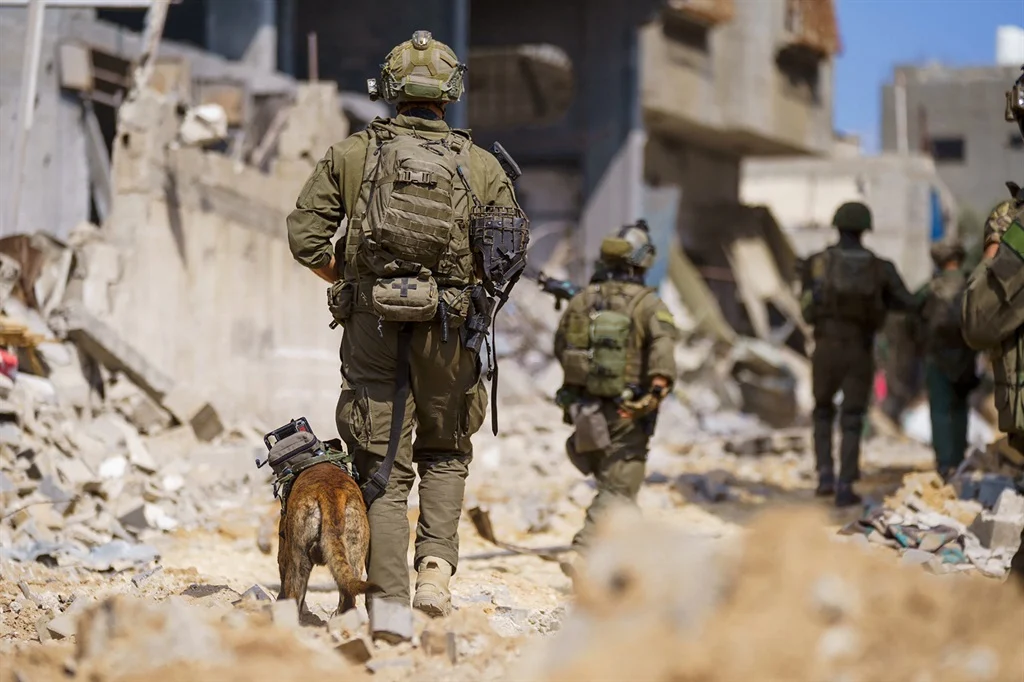This week, the Secretary General of the UN, António Guterres, called to stop the escalation in the demarcation and its surroundings by warning of its impact on humanitarian access to southern Gaza.
The head of the United Nations demanded that the parties in conflict respect the population and protect them at all times while insisting on his demand for an immediate humanitarian ceasefire, the release of all hostages along with the immediate opening of the Rafah crossing to have unhindered humanitarian access.
For their part, humanitarian agencies on the ground warned of continued displacement from that governorate at the southernmost end of the Strip and the lack of access due to active fighting.
Figures released on Friday estimated that 640,000 people left Rafah at an alarming rate since the Israeli offensive began on May 5.
In the midst of the pressing needs for fuel and other supplies, the agency considered insufficient the entries through the floating dock in Gaza, a million-dollar and questioned initiative by the United States to transport aid from the island of Cyprus.
Although the UN celebrated the start of these operations and announced its involvement in the distribution of supplies, the Secretary General’s deputy spokesperson Farhan Haq, reiterated ground shipments as more effective.
Haq stressed the urgency of the arrival of enough aid to keep the population alive before reports of famine.
“Any new way of guaranteeing that they will receive help is good. Will this solve the problem on its own? I think I have made it clear, and we have been making it clear for some months now, that it would not be like that,” he acknowledged.
This Saturday, the World Food Program (WFP) confirmed the transfer of ten loaded trucks to its warehouse in Deir El Balah through the floating dock.
According to the information disclosed, part of the shipment included high-energy cookies to be distributed by WFP, and other supplies such as rice, pasta and lentils whose distribution will be handled by other humanitarian partners.
According to Guterres’ deputy spokesperson, between May 6 and 15, only 33 trucks arrived at the enclave through the Kerem Shalom crossing and another 121 transporting food entered through the Erez crossing.
Another 156 vehicles with flour managed to enter the northern area of Gaza through the Zikim crossing, but the numbers are far below the needs estimated by the UN.
Before the outbreak of hostilities on October 7, nearly 500 trucks were providing assistance to the Gazan population.
ef/oda/ebr









